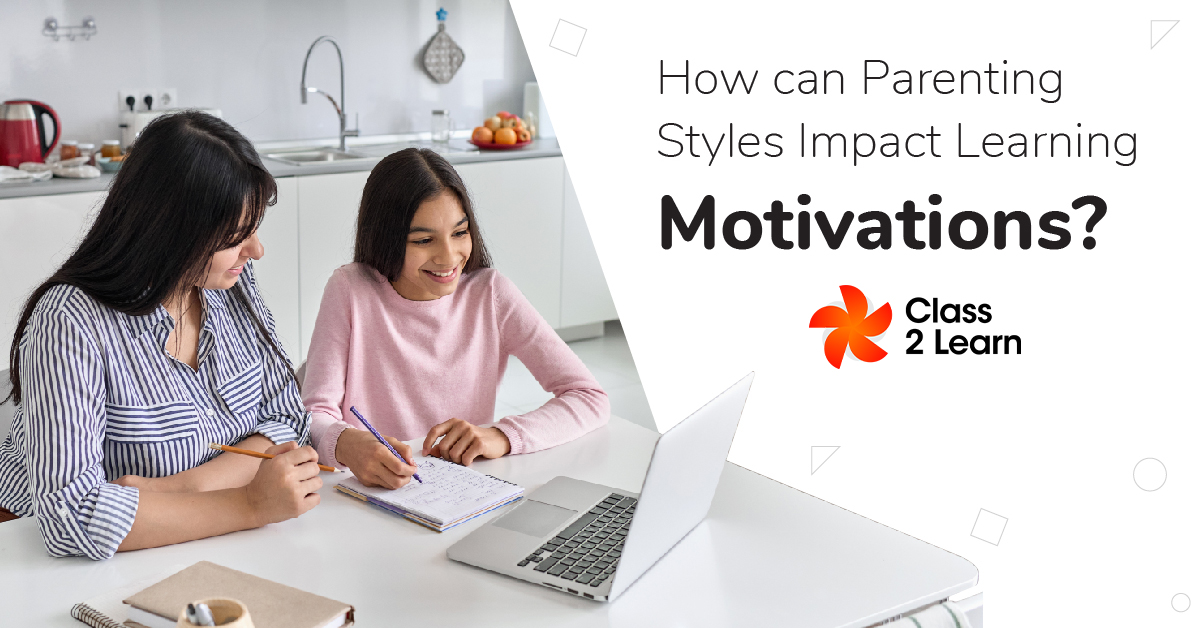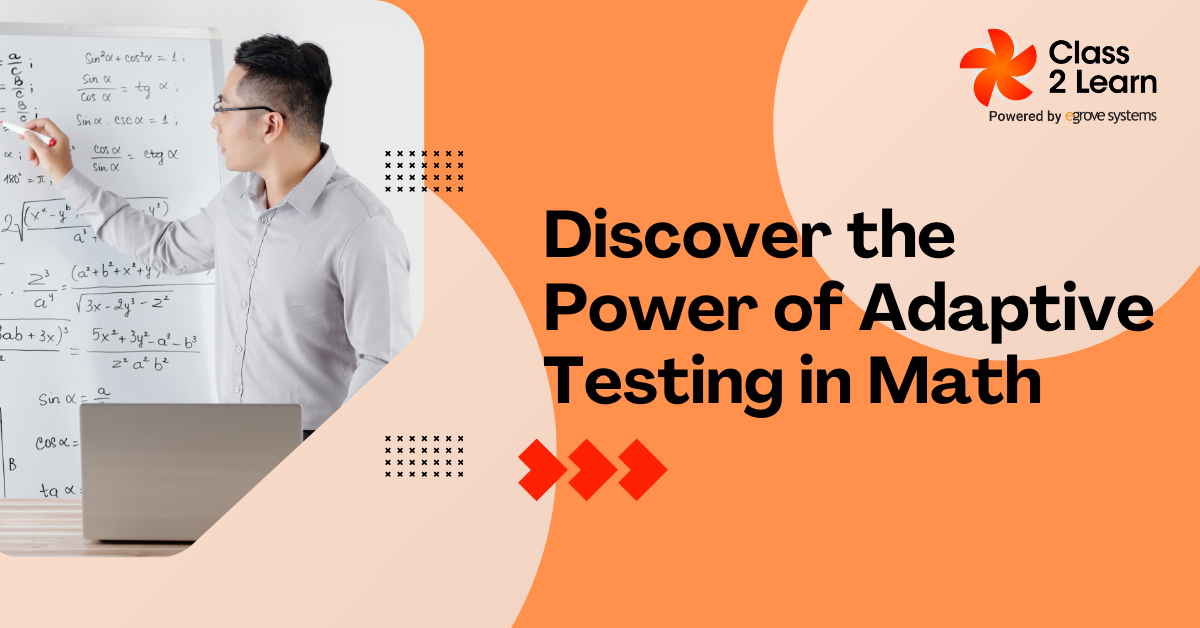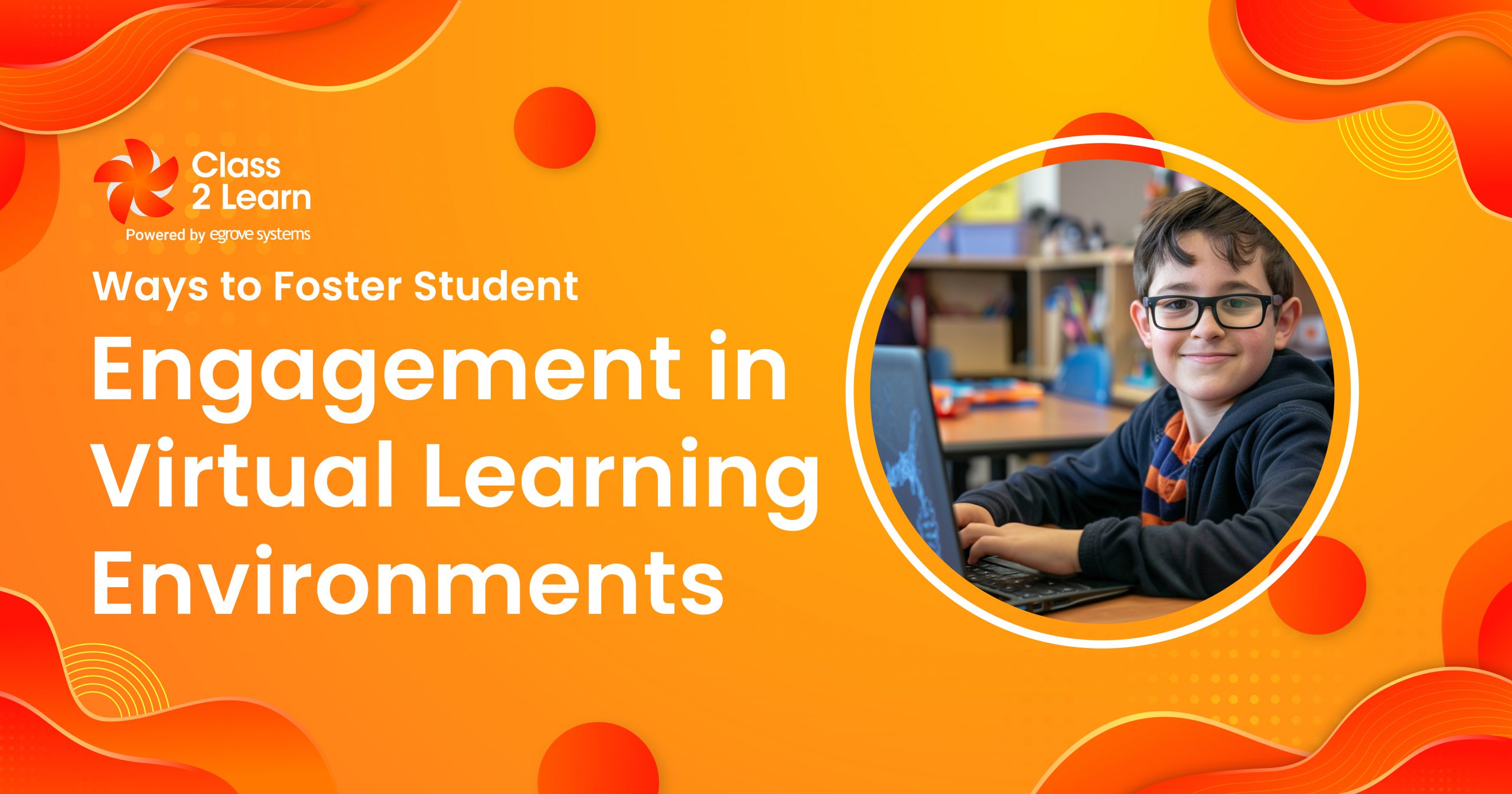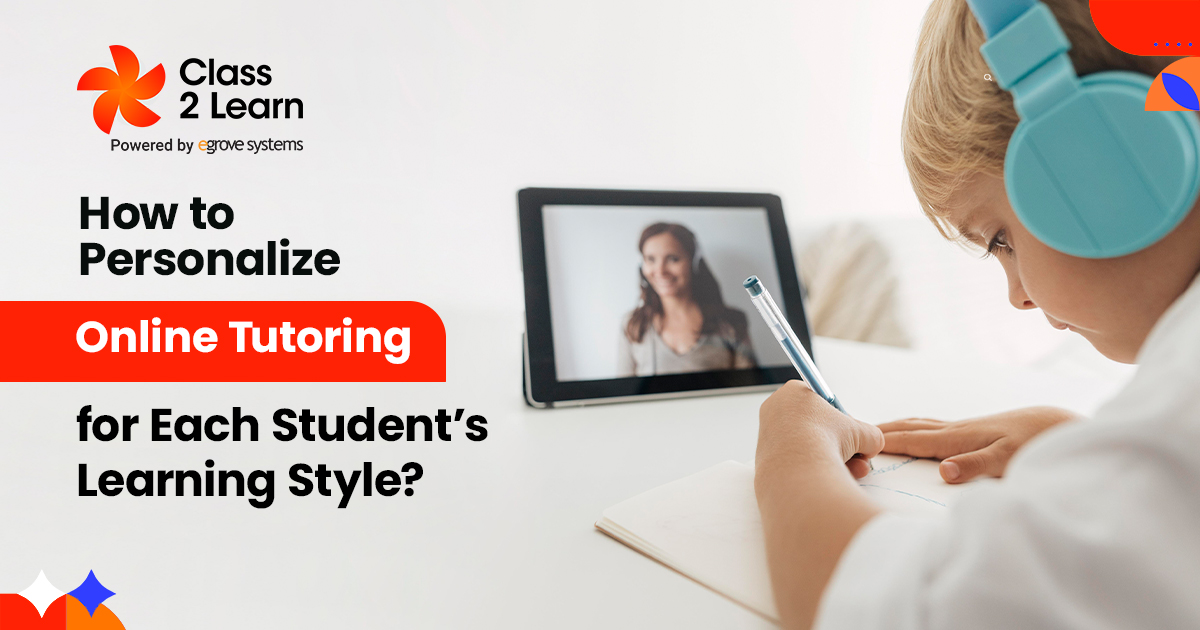All parents wish their children to become successful socially and academically as they develop, but they do not know how to accomplish it. There are several parenting styles, and their effects on children have been examined.
Parental behavior changes can provide motivation and influence how children and teens pursue learning. According to research, parental involvement influences both internal and external motives that motivate children to study and thrive academically and intellectually.
Types of Parenting Styles
There are various ways to describe different parenting styles. One set of categories is democratic, authoritarian, permissive, apathetic, and overprotective.
Democratic: The democratic style encourages children’s freedom while remaining attentive to their interests. Parents explain their intentions to their children and provide reasons why they should listen. This sort of parenting can help children develop their imagination, problem-solving skills, and entrepreneurship, as well as make them more prosocial and conscientious. This is regarded as one of the most effective techniques for raising teenagers without conflict.
Authoritarian: This style is strict and focuses on enforcing clear rules that children are expected to obey without specific reasoning. This style can cause adverse effects in children as they get older, leading to either dependency and lack of self-driven initiative, or rebelliousness and aggressiveness toward parents. It can lead to focusing heavily on children’s mistakes and failures, emphasizing them over their accomplishments.
Permissive: Permissive parents allow their children more independence but don’t set clear boundaries or set high expectations. This can lead to children making decisions on their own, however, they may develop bad judgment and lack of boundaries. Social situations can be difficult if they are not given a central role and permitted to do what they want.
Apathetic: Parents don’t provide positive or negative feedback, meeting their child’s needs but do not show enthusiasm for their child’s performance. This can lead to a lack of self-control and self-respect among children as they grow up.
Overprotective: This parenting style leads parents to control their child’s environment heavily and intervene in their problems to protect them from danger. This can lead to children being insecure, rebellious, or irresponsible in their teenage years.
What Motivates Students to Learn?
A study was done on Turkish high school students and published in Educational Policy Analysis and Strategic Research, titled Effects of Parenting Style on Students’ Achievement Goal Orientation (Kosterelioglu, 2018), found links between different parenting styles and their effects on motivation for learning in children. Parenting styles can influence aspects like learning approach and learning avoidance, and performance approach and performance-avoidance.
The learning approach refers to the desire of students to obtain a command of a certain subject, improve their skills, and succeed in the learning process. The performance approach indicates how much students want to demonstrate their skills to others, get the highest grades in competitive classes, and succeed in public expressions of their learning experience.
They are tied to intrinsic and extrinsic motivations respectively. Wanting to do better for others can push students to succeed, but being internally motivated has its benefits. Parenting styles can motivate either of these options to drive their children to succeed in school.
The negative counterpart of the learning approach and performance approach are learning avoidance and performance-avoidance. Performance avoidance pushes students to avoid failure such as negative grades, while learning avoidance is driven by frustration when they are unable to master a certain subject.
Which styles motivated students?
The 2018 study of high school students found a positive and medium relationship between parenting styles and learning approach, suggesting that the right style can encourage internally-motivated learning, and a positive low-level relationship showing that the style can also impact learning avoidance to a lesser degree.
Past studies have shown that the democratic style was linked to academic success and internal motivation. The 2018 study found that democratic and overprotective styles were tied to the learning approach orientation, showing a positive impact from these styles. However, the study concluded that “Authoritarian and permissive parenting styles have no significant effect on learning approach orientation.”
In terms of learning avoidance, “only overprotective and permissive styles are significant predictors of learning avoidance.” This could mean that students who are motivated by an internal drive not to fail are influenced by parents with these styles. If they express difficulties and are unsatisfied with learning as a result, parents can attempt to support their children in other ways to orient them toward emphasizing successes rather than failures.
However, authoritarian and overprotective styles are significant predictors of both performance approach and performance-avoidance orientation. These styles encourage children to demonstrate their success in class and improve their grades and also cause students to be strongly concerned with failing in class and driven to avoid disappointing their parents. When students are driven by external motivations, it could be a result of expectations placed on them by authoritarian and overprotective parents.
Parents should keep in mind that while parental styles are linked to children’s motivations, they aren’t necessarily the direct cause of their children’s motivations toward learning. Children’s behavior can also influence how their parents raise them, so the link could be reversed.
However, parents who want to instill motivation toward learning in their children should understand the relationship between their parenting and how the child faces the challenges of learning. Will they try to learn skills and master them for their sense of accomplishment, or to demonstrate their abilities to others? These goals can motivate students to succeed, putting them on a path to further learning and achievement.





Add comment